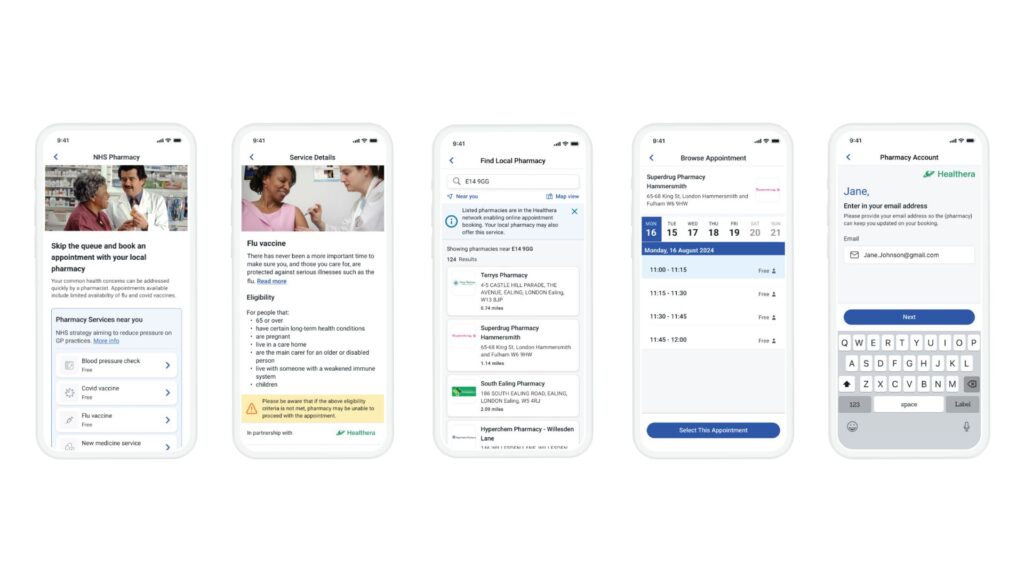In recent, and/or coming months, patients throughout the UK may have noticed an odd question being posed to them by their GPs… “How would you classify your ethnicity?” or “Have you been feeling anxious lately?”
Upon receiving such a query – generally by text message or other digital delivery mechanism – patients would not be blamed for bristling. Wy am I being asked about my anxiety when I feel fine (or at least haven’t reached out myself)? What business is it of my GP what ethnicity I am? Is this some kind of quota system or other arbitrary measurement that my GP is being forced to record? Or worse – is this going to lead to a diminishing quality of care for me and my family, as we all know the issues often facing quality of care in minority communities.
In actual fact, the reason patients are being asked this question is very simple. The future of healthcare is all about prevention. Let’s first address the anxiety question (as it’s easier). Obviously, mental health issues are much easier to address before a patient is in crisis. By keeping in regular contact with patients about their mental health, a GP can hopefully help to prevent serious mental health issues from arising. A regular touch-base/checkin helps GPs be prepared to act, if they need to, to get a patient the mental health support that they need.
Now for the ethnicity question… possibly the more unsettling request. The NHS and GP surgeries are trying to address the aforementioned quality of care issues, by being on the alert for certain co-morbidities that tend to present – sometimes at quite a young age – in different ethnic minority groups. The office for National Statistics regularly gives updates on the prevalence of co-morbidities (related health conditions which could cause unforeseen complications with a current illness/treatment), so – by identifying a patient’s possible co-morbidities as soon as possible – GPs can engage in proactive, preventative care, and anticipate any potential complication that may face a patient from an ethnic minority group before it becomes an insurmountable problem.
This preparedness not only ensures that patients receive the best possible care, but it helps save our NHS millions annually in treating preventable complications. As such, we urge patients in the UK to “fight the bristle” and to be as forthcoming with your personal mental health status and ethnicity information as you can.
The intention, as always, is to help, not to harm.
And the more we patients help our GPs, the more they can help us.








